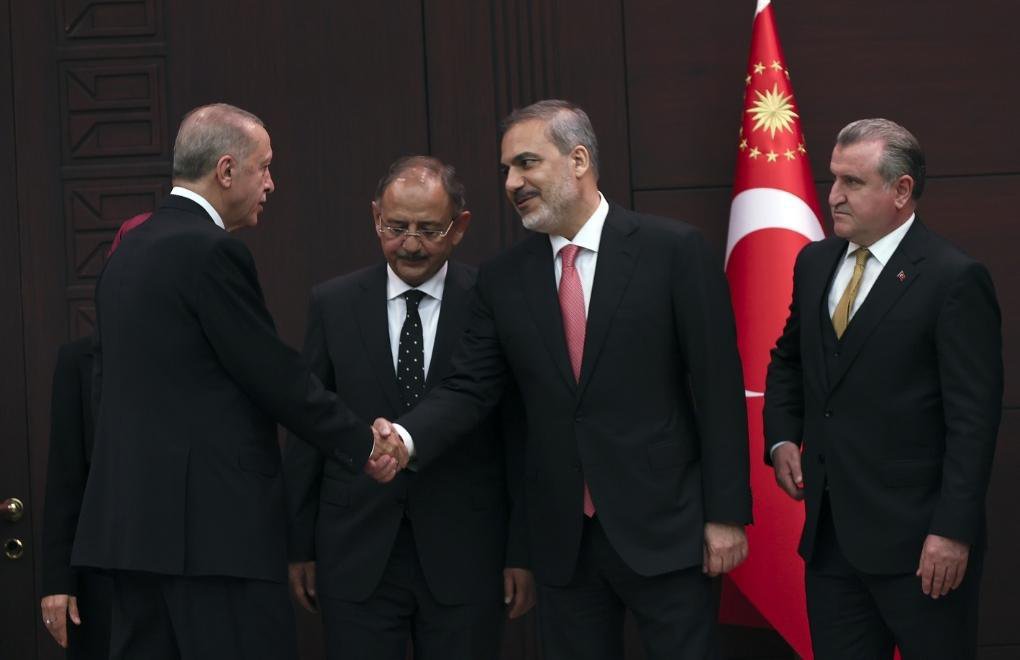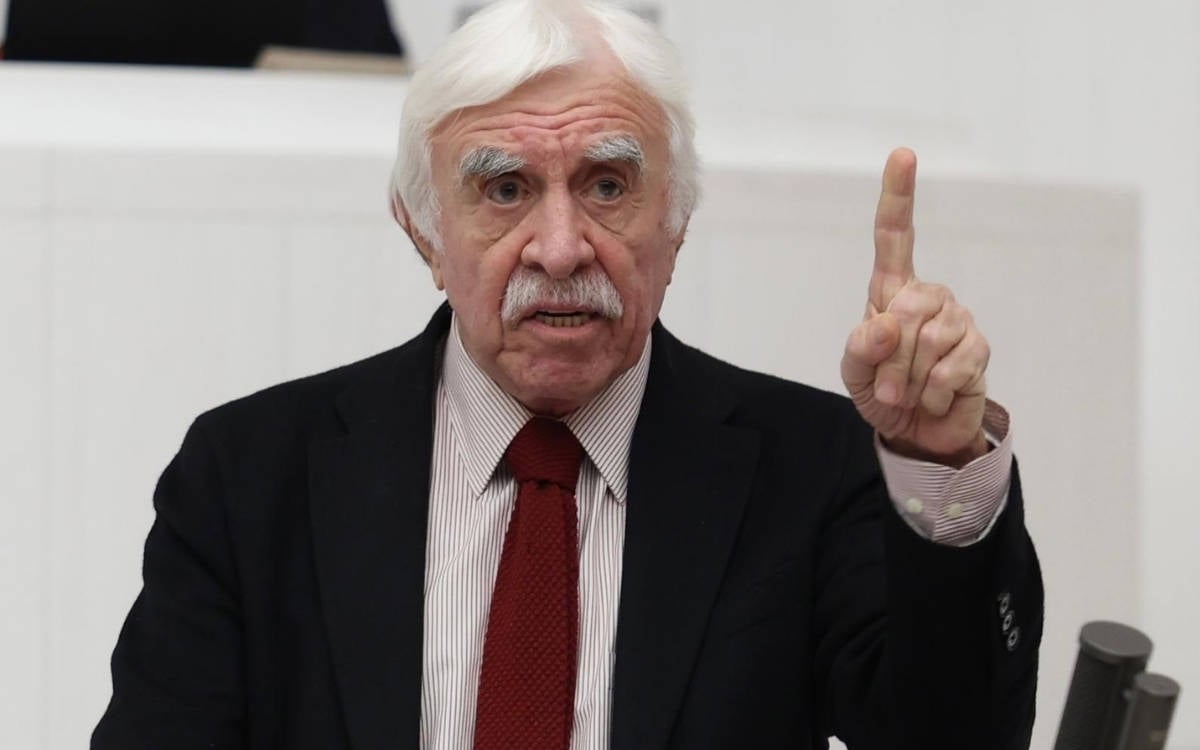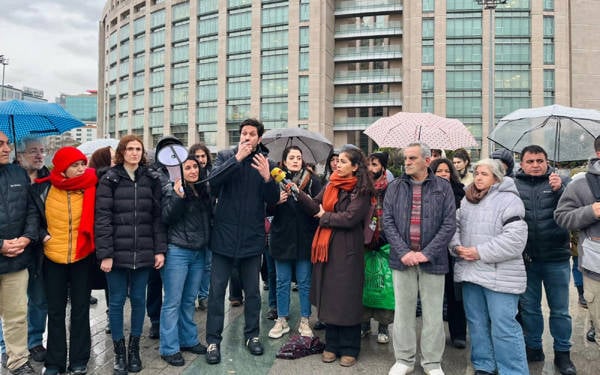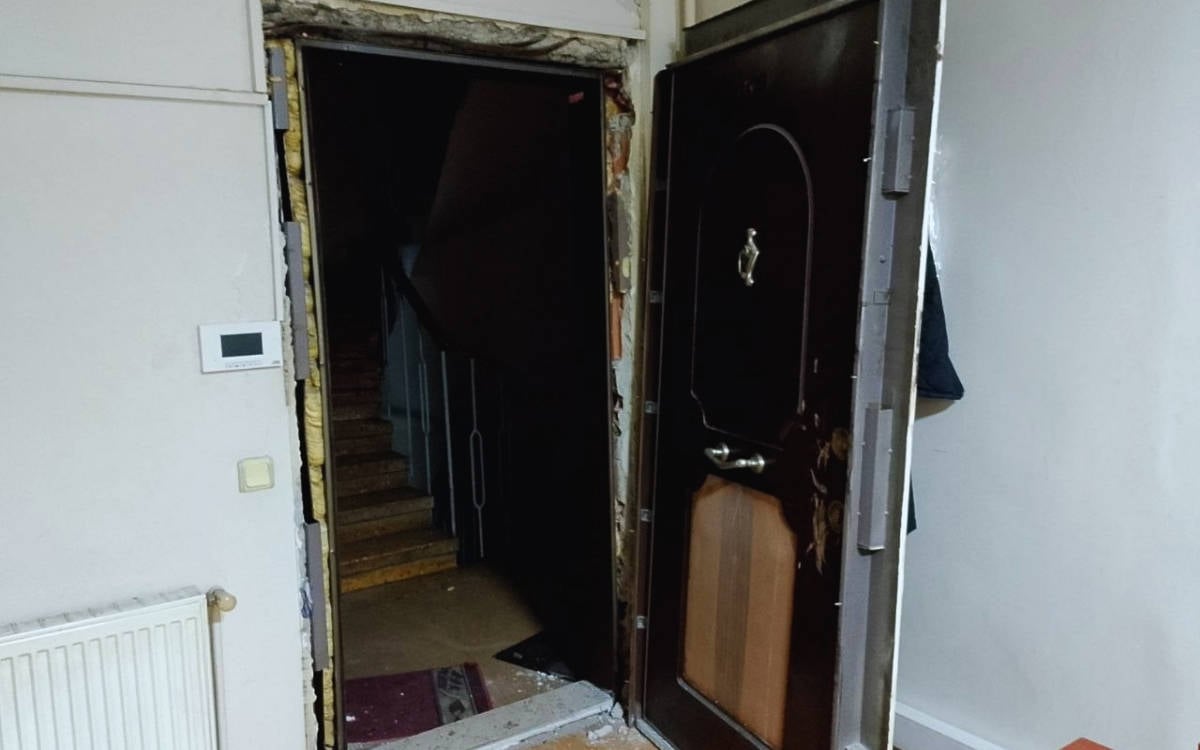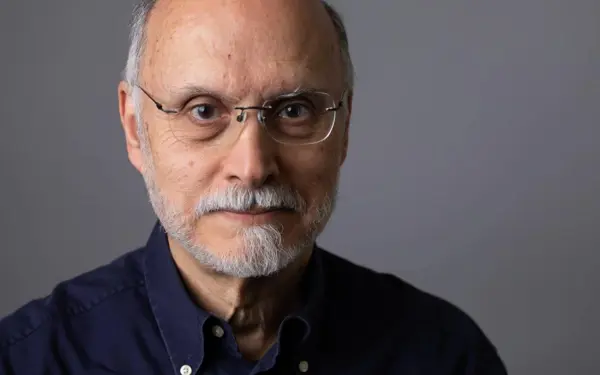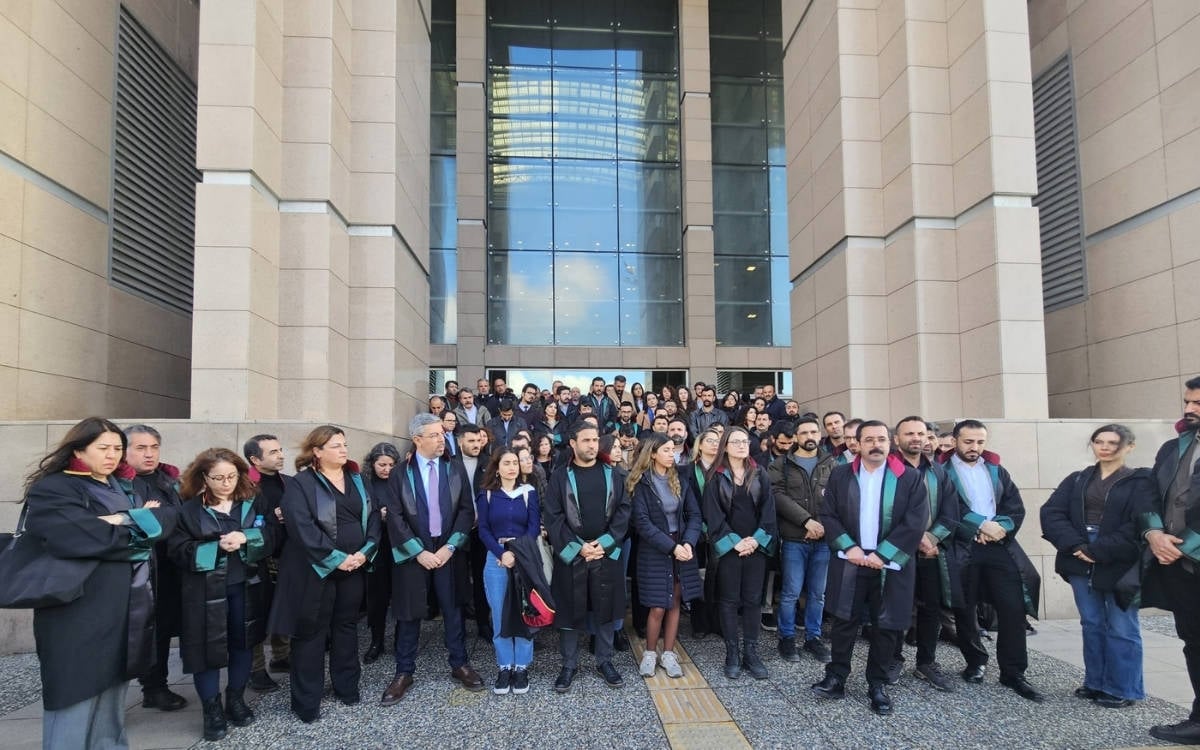Photos: AA
Click to read the article in Turkish
President and the Chairperson of the Justice and Development Party Recep Tayyip Erdoğan announced the new cabinet on June 3 at the Çankaya Mansion in Ankara.
Academician Adnan Çelik answered our questions on the new cabinet, how it will work, its significance for the Kurdish political movement, and those who stand at a crucial point in the new cabinet.
Çelik says, for Hakan Fiidan who will now be sitting in the Foreign Mininster chair, "the person who is both the most powerful and the most faithful to Erdoğan in either a negotiation to be carried out with the Kurdish movement, or the lately totally militarized "anti-terror struggle" waged since 2015."
"Therefore, Hakan Fidan will be standing at a crucial point in relation to the Kurdish issue, no matter where the process evolves," says the academician who continues his studies at the KWI Institute of the Duisburg-Essen University in Germany.
AKP-MHP fight
How do you evaluate the positive opinions related to the new cabinet? These are usually describe it as "a moderate cabinet in which Süleyman Soylu is not included." Is this a moderate cabinet?
First of all, yes, it is a "good" development that Süleyman Soylu is not in the cabinet. However, what this is telling us is related more to the preparations for the local elections and the fight between the Justice and Development Party (AKP) and the Nationalist Movement Party (MHP). On the other hand, not including former Interior Minister Soylu who was the symbol of unlawful practices of AKP for many, seems to "imply" a change.
As for another thing, an ongoing topic of discussion was that MHP was leadng AKP by the nose. As we know that Süleyman Soylu originally comes from MHP, this choice tells us a lot. In a way AKP is investing in the new composition of the parliamentary arithmetics by giving the impression that they are taking the law in their own hands. Because Soylu is almost the symbol of the criminal record of the regime, and not noly for the Republican People's Party (CHP) and the Green and Left Party (HDP), but also for the Future (Gelecek) and Democracy and Progress (DEVA) parties which are splinter movements from AKP.
And if we look at the new cabinet. We have to keep in our mind that there is a Presidential system in Turkey with excessive powers which is very central, and that Erdoğan has been reelected and that he himself has formed the government. Therefore I believe that we have to look at the plans of Erdoğan for the new period when evaluating the cabinet as "moderate" or "harsh," and listening to the statements he has made so far, I do not see a "moderate" future.
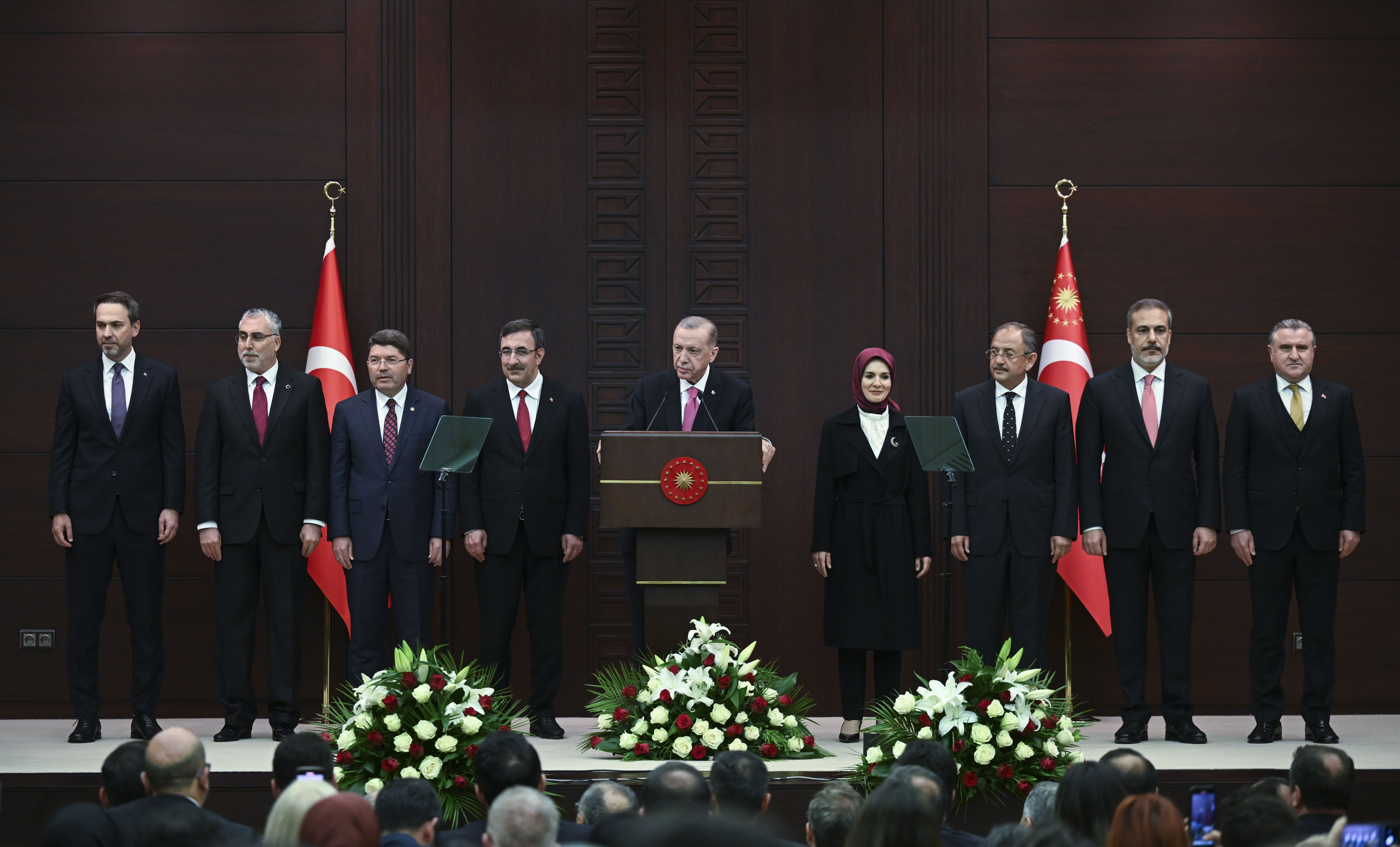
Four basic axes
I think Erdoğan has formed the new cabinet on four basic axes and four priorities: A continuity over the actors that emerged in the practices of war economy at home and abroad, the intensified since 2015; an attitude that recognises the rationality of the economic crisis and that calms the international business circles; a combination that takes into account the new representative arithmatic in the Parliament and mobilizing it in the decision taking processes; and finally a combination that will proceed more "cautiously" until the local elections to be held next spring.
First of all, I believe that a war economy cabinet has been formed. Especially, making Hakan Fidan, the chairperson of the National Intelligence Service which was the active actor of the cross-border militarist expansionist policies pursued in Syria, South Kurdistan, Libya and Azerbaycan the Foreign Minister is an indication of this. Again Yaşar Güler and Ali Yerlikaya should be interpreted similarly. And the first statement that Mehmet Şimşek made, that "there is no other option but to return to a rational ground," was the first time that an official admitted the presence of an economic crisis.
Local elections
With this expression, Şimşek wants to rebuild a trust relationship with the international business/capital circles; but of course he is also implying that not the big capitalists but the laborers will be paying the price. I feel that including noone from MHP in the cabinet is related to the requirement of the absolute majority of 301 MPs in the parliament. By reducing the MHP influence in the cabinet, Erdoğan is trying to include the around 40 MPs elected from political parties such as Democracy and Progress (DEVA), Future (Gelecek) and Bliss (Saadet) Parties under the CHP lists. And finally, Erdoğan is trying to create a cautious "horizon of expectation" with the new cabinet in preparation for the local elections to take place eight months from now.
Although this is a period when PKK is waging the armed struggle with lowest intensity in this period, we see that "terror" and "terrorist" rhetoric is heard the loudest. Unfortunately the opposition also follows suit. I believe that this will be intensified even further in the locals via the Free Cause (HÜDAPAR) Party. A publication with ties to HÜDA-PAR-Hizbullah already started annoncing that their most important agenda is the local election. HÜDAPAR is a useful tool for this purpose. Although the party is not powerful compared to the Kurdish Movement, AKP and HÜDAPAR will do all that they can for the local elections.
Hakan Fidan is standing at a critical point
Another important member of the new cabinet is Hakan Fidan. What does his presence mean, especially for the Kurds?
Hakan Fidan is the "secretive fellow" of Erdoğan as he called him. And an important member of the cabinet, as you say, especially with respect to "negotiation" or "fight" with the Kurds. In fact he was the hidden Foreign Minister of Turkey for long.
During the 2009 Oslo talks, and in the 2013-2015 İmralı talks, he was very active. But he was also very active in the regular army and paramilitary war against North Syria and South Kurdistan later on. He used the reinforced military capacity reached with the drones for intelligence purposes and led a serious offence by means of assassinations of upper and middle level PKK officials. Erdoğan mostly protected Hakan Fidan, against all critics. He said, "I have sent him to Oslo, and also to İmralı."
"Therefore, Hakan Fidan will be standing at a crucial point in relation to the Kurdish issue, in either a negotiation to be carried out with the Kurdish movement, or the "anti-terror struggle."
"The Ministers are biologically Kurdish"
The number of Kurdish-origin ministers is high in the new cabinet. What does this tell us?
First, let me say this, it is not something "bad" in itself that the number of Kurdish ministers is high. Only if people could find more place in the cabinet "as Kurds."
We also see that these ministers have critical positions. Cevdet Yılmaz, who Erdoğan appointed as a vice president is from Bingöl. The former and current Minister of Health, Fahrettin Koca is a Kurd from Konya. We do not know how much he embraces this identity but we know that Hakan Fidan is a Kurd from Van. Mehmet Şimşek is from Batman and he does not regret speaking Kurdish in public. We see in a video circulated on social media yesterday that he talks to a mother in Kurdish for a long time, and sings Kurdish songs. However, these ministers are only biologically Kurdish.
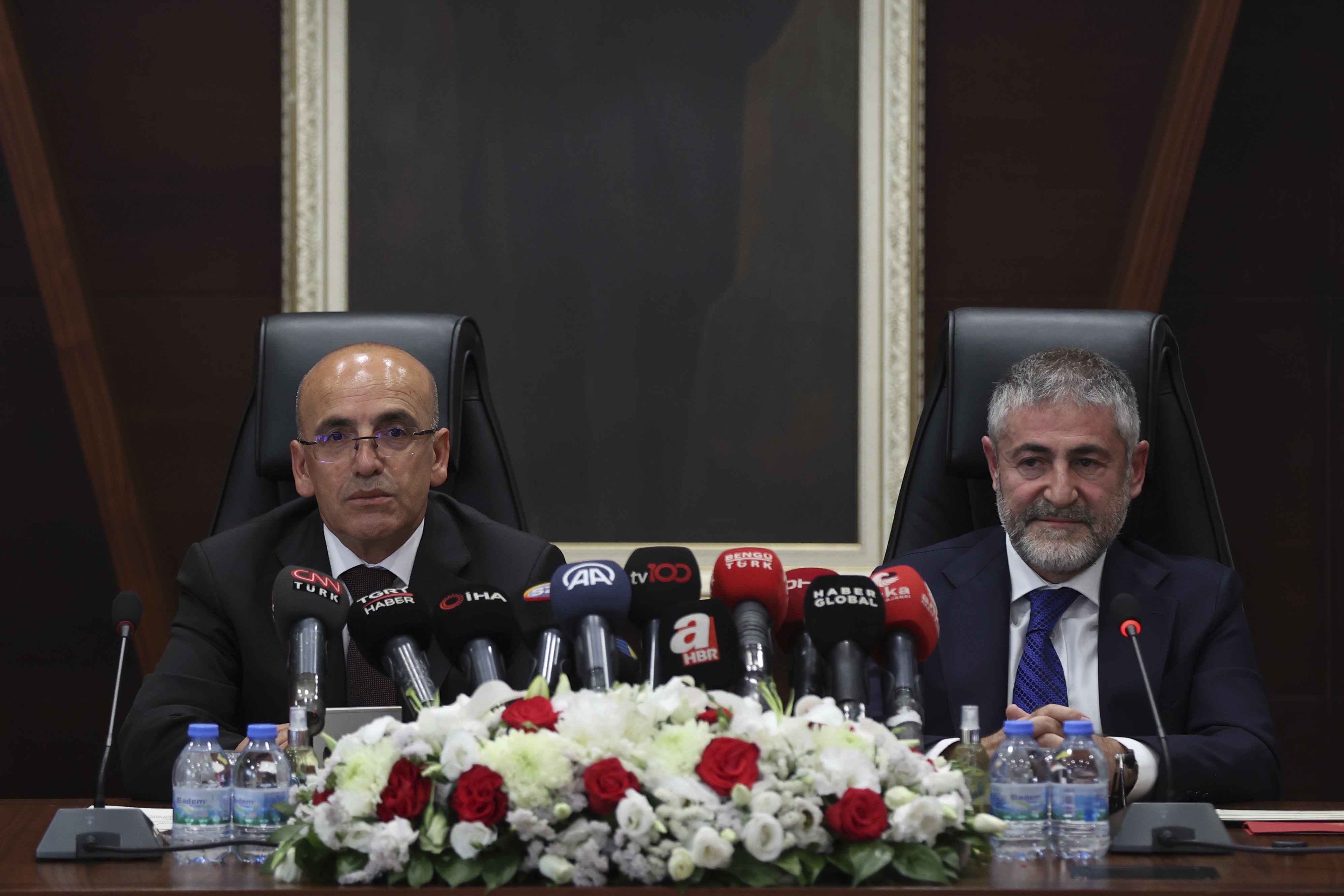
About Adnan Çelik

Adnan Çelik is an academician.
He studied the dynamics of conflict within the Kurds in his thesis at the Paris Social Sciences School of Antropology (EHESS) in 2018.
Many of his articles have been published in various magazines and books. He continues his studies at the Human Sciences Research (KWI) Institute of the Duisburg-Essen University.
Çelik was born in 1983, in Kulp, Diyarbakır
(TY/PE)





